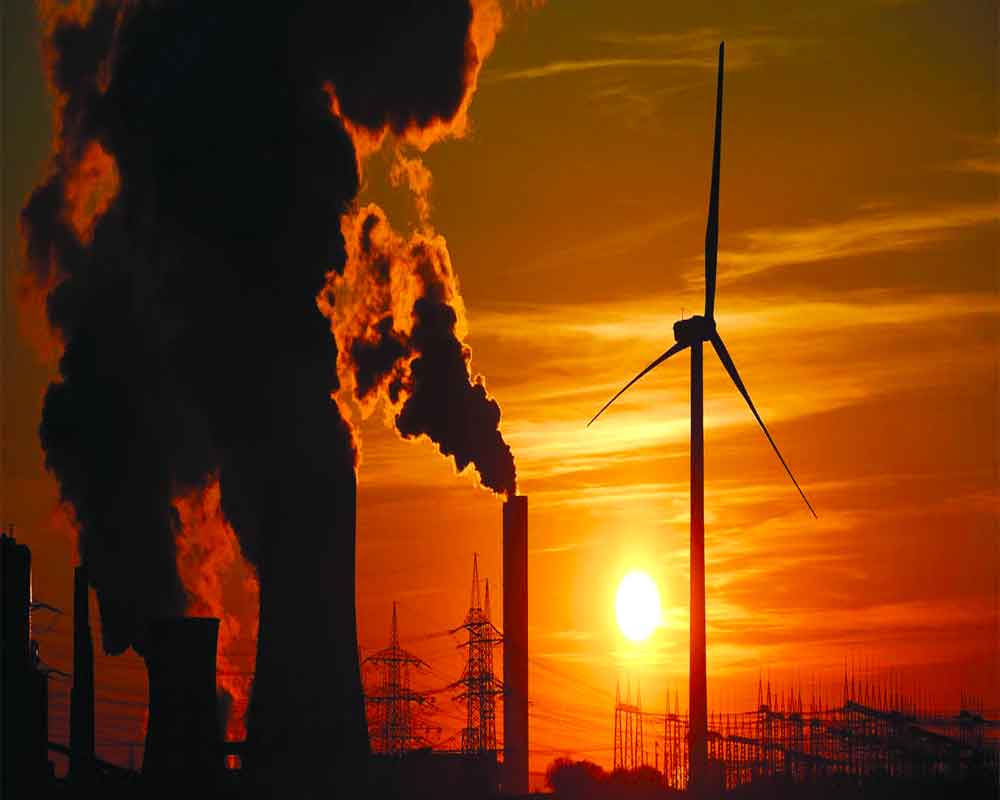Methane emission is a major contributor to global warming and deserves due attention
The preliminary draft of COP26 has been released at the end of the first week of deliberations on climate change in Glasgow. By next week, if the countries come to an understanding to restrict the rise in global warming, they will come up with the Glasgow Pact. That will list the promises each country makes to clean up their respective environmental messes. There are promises galore. India, for example, has made five of them, ranging from lowering carbon emissions to increasing renewable energy sources and net zero commitments. However, most countries do not talk about the methodology for keeping their promises, how they will specifically tackle each of the factors causing unsustainability, viz, unchecked growth, selfish exploitation of land and labour and wanton consumerism. The developing and developed worlds continue to stall progress in talks on the question of global carbon debt. The latter never explain why they cannot stop all greenhouse gas emissions even though they have achieved economic progress. The former never say at what point they will achieve a modicum of growth and at which point they can commit to net zero. Neither do both sides talk about agreeing to differentiated responsibilities on common goals. If this is what it is, The Glasgow Pact will make news, more for its promises than fulfillment prospects.
The COP26 will be known for its Glasgow Methane Pledge that asks countries to cut methane emissions by 30 per cent over 2020-2030 and agree to strict reporting standards. Over 100 countries signed it. Six of the world’s biggest emitters took the pledge — the US, Brazil, Indonesia, Nigeria, Pakistan and Mexico. The other four in the top 10 — India, China, Russia and Iran, did not sign up. Methane, a potent greenhouse gas, has a short atmospheric lifetime of around 10 years. So, temperature warming stops the moment the emissions are cut. Methane emissions arise from agriculture, ruminant belching, animal waste, loss of biodiversity and leaking of the gas from fossil fuel production. Methane emissions have contributed to 0.5 degrees Celsius of global warming to date, compared to CO2’s 0.8 degrees Celsius. At least 50 per cent of methane emission reductions are needed to a saving of 0.2 degrees Celsius. Healthier human diets and better animal husbandry and agricultural practices are required to control emissions. Even in an agricultural country like India, it is not impossible, given the modernisation processes being adopted in the agriculture sector. Even without the pledge, India would anyway have to deal with the high cost of feeding cattle because their food entails the use of water and energy-intensive crops. Improved agricultural practices would displace thousands of people for whom alternate work needs to be found. These are some of the economic by-products of methane emission reduction that may be deterring countries from taking the pledge.


























